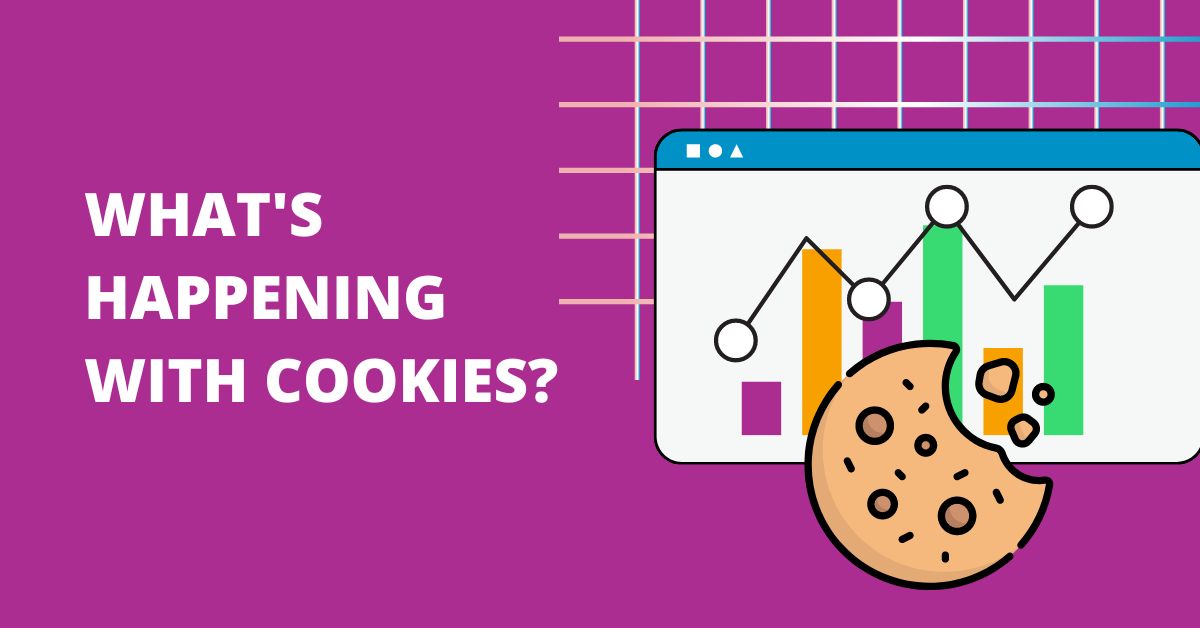
In 2019, Google initially announced plans to phase out third-party cookies in Chrome by 2022 in the interest of protecting user privacy. However, after multiple delays, Google has now officially abandoned its plans to deprecate third-party cookies altogether.
This decision comes after a series of delays and growing skepticism among marketers—61% of B2C marketers in Forrester’s 2024 Marketing Survey expressed doubt about Google’s commitment to cookie deprecation. The reversal highlights the challenges Google faced with its cookie alternatives and the need for more time to address regulatory concerns related to its Privacy Sandbox initiative.
Despite scrapping its plans to eliminate third-party cookies, Google remains committed to its Privacy Sandbox initiative, which aims to develop a more privacy-centric advertising ecosystem.
The company plans to introduce new measures, such as a one-time prompt that enables users to set preferences across Google browsing experiences.
What’s a third party cookie? What’s it used for and why should publishers care?
Third party cookies are cross-domain cookies often set by advertisers, agencies, and DSPs to track users across different sites. This is in opposite to first party cookies, or those used by the publisher themselves and are unaffected by the change
The assumption as presented in media repeatedly, is that Google eliminating third party cookies would obliterate digital advertising, sending the industry back to the stone age. Although some publishers should expect some hiccups in the status quo of operations as with every major industry change, these sky-is-falling cookiepocalypse predictions are doomsday cult prophecies at best, and clickbait at worst.
For starters, Safari, Firefox, and Edge started blocking third party cookies by default years ago. The revenue on those platforms didn’t go to zero. For sites with high traffic from users with those browsers, they already took those revenue hits. Many publishers have recovered from any hiccups then, and even gone further, with session RPMs in Safari, Firefox, and Edge often exceeding Chrome at historically high ratios, despite having no third party cookies and no replacement. Agencies and advertisers and DSPs on the buy-side have already been handling the deprecation of third party cookies for multiple years now. In short, cookiepocalypse already came, and the victors are already claiming the spoils.
Second, Google’s plan is not to block all advertising tracking across the internet. They’re only talking about Chrome, and they’re not blocking advertising tracking either — it’s just very specific parts of the third party cookie model that will be blocked. Unlike Safari, Firefox, and Edge, which blocked third party cookies with no replacement, Google has invested heavily in figuring out a privacy-first replacement model.
Google is switching to a privacy sandbox where Google has run and tested over a dozen different models on what information is accessible and how. Their prior leading model was FLOC, and in testing, advertisers saw minimal changes in advertising performance while publishers saw minimal change in advertising revenues. Then came FLEDGE, which fixed some privacy issues with FLOC, while explicitly allowing advertisers to generate advertising interest segments for users, just with anonymized aggregation rather than individual user tracking. They’ve adjusted and are now using what they call the privacy sandbox. The sandbox is being tested on 1% of users until late 2024, and the model is still subject to change. Regardless, the buy-side has been handling cookieless advertising since 2020, and the replacement is already functionally very near the advertising performance of third-party cookies.
Google’s initial plan to phase out third-party cookies has undergone substantial changes. As of now, Google has decided not to deprecate third-party cookies in Chrome, a significant shift from earlier announcements. This decision comes after years of uncertainty and feedback from the advertising community, indicating that the cookie deprecation timeline is no longer applicable as Google seeks to balance user privacy with the needs of advertisers and publishers.
Despite the abandonment of cookie deprecation, Google has reaffirmed its commitment to the Privacy Sandbox. The company will continue to develop and invest in its APIs aimed at enhancing user privacy while maintaining advertising effectiveness. However, the Privacy Sandbox has faced scrutiny from regulators, who have raised concerns about its anti-competitive nature, inadequate consumer privacy disclosures, and the potential for user fingerprinting through the Topics API. These issues underline the complexities of transitioning to a privacy-focused advertising ecosystem.
While Google will continue to refine its Privacy Sandbox technologies, the reversal on cookie deprecation highlights the complexities of transitioning to a privacy-first advertising landscape and the need for more time to address regulatory concerns.
For most publishers, the impact of these changes will be minimal. However, larger publishers—especially those with over 1 billion monthly impressions—should proactively strategize with ad tech experts to navigate the evolving landscape effectively. MonetizeMore continues to offer support and solutions to help publishers optimize their ad revenue in this changing environment.
MonetizeMore can help with all of this. That’s not to say there won’t be any issues for any publishers — as with all industry-wide tech changes, there will be hiccups. The point is that for most publishers, this will be minimal or even unnoticeable. With that said, publishers over 1 billion monthly impressions should consider strategizing and hedging their options with ad tech engineering experts. We’ve already paid our publishers more than $100 million, so contact us today and let us show you how we can help!

David Loschiavo is the Chief Product Officer of MonetizeMore. He believes artificial intelligence & machine learning, coupled with technology available to everyone, will change the world for the better and forever.
10X your ad revenue with our award-winning solutions.